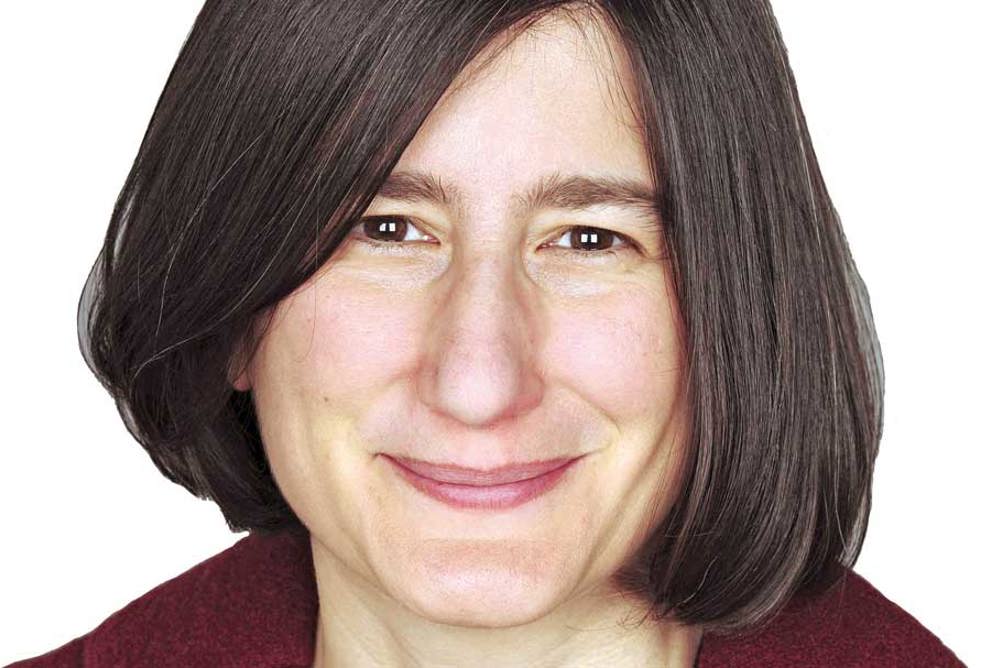
Chaired by Graham Stuart MP, former chair of the education select committee, the second meeting of the All Party Parliamentary Group (APPG) on Nursery Schools and Nursery Classes will hear from nursery school leaders and headteachers who say that nursery schools will be left in ‘an anomalous position’ as more schools convert to academies.
More than 370 nursery school representatives are expected to attend today's meeting.
The APPG itself has been set up to to highlight and protect the high quality education provided by the remaining 400 plus nursery schools, many of which are also models of training and good practice for the early years’ community.
Register now to continue reading
Thank you for visiting Nursery World and making use of our archive of more than 35,000 expert features, subject guides, case studies and policy updates. Why not register today and enjoy the following great benefits:
What's included
-
Free access to 4 subscriber-only articles per month
-
Unlimited access to news and opinion
-
Email newsletter providing activity ideas, best practice and breaking news
Already have an account? Sign in here
